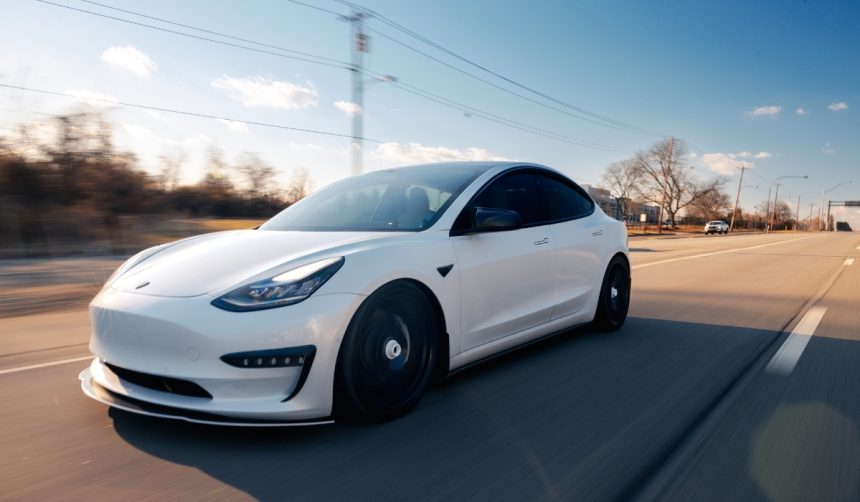The Indian automotive landscape is witnessing a pivotal moment as Tesla prepares to inaugurate its first showroom and experience center in Mumbai’s Bandra Kurla Complex on July 15. After years of speculation and anticipation among Indian consumers and tech enthusiasts, Tesla’s entry signals the automaker’s concrete plans for one of the world’s largest emerging electric vehicle markets. Mumbai, known as a financial and innovation hub, is set to serve as the strategic launchpad for Tesla’s initial exploration of consumer demand and operational feasibility in India. The move has already captured the curiosity of both the automobile industry and policy observers, raising questions about how Tesla’s premium models will be received in a country where price sensitivity and infrastructure constraints remain relevant issues.
Earlier discussions around Tesla’s India entry primarily revolved around negotiations for lower import duties and the potential for establishing manufacturing operations. News reports in previous years mentioned Tesla seeking incentives and discussing local assembly, but no specific timelines emerged. More recent coverage pointed to the import of vehicles for initial display and demonstration purposes, without a firm date for the public opening of physical locations. Comparatively, the official announcement of a showroom in Mumbai marks a definitive step forward, upgrading prior speculations around operational readiness to a confirmed market presence. Past cancellations of top executive visits had once stalled momentum, but preparations currently underway suggest a more structured approach.
What Vehicles and Equipment Is Tesla Bringing to India?
Tesla has brought in approximately $1 million worth of products into India since January, importing six Model Y vehicles, several Supercharger units, and various accessories for display and demonstration purposes. Five of the Model Y units are standard variants, each valued at around $32,500, while one is a long-range model valued at about $46,000. The imported cars are expected to serve as both showroom displays and test drive vehicles for potential buyers and invited guests. Significant import tariffs, currently near 70% on fully assembled vehicles, have not deterred Tesla from starting its Indian operations with imports, although these costs may influence pricing and purchasing decisions.
How Is Tesla Building Its Local Team?
Tesla has filled several important roles required for its operations in India, including store managers, sales personnel, and service executives, indicating the company’s readiness to provide direct services. Recruitment remains active for technical and logistical positions, such as supply chain engineers and vehicle operators to support its Autopilot initiative. This hiring activity reflects Tesla’s commitment to establishing the necessary operational infrastructure to ensure a viable market entry, regardless of the current reliance on imported vehicles. Officials continue to express interest in Tesla setting up a manufacturing base in India, which could be revisited depending on the market’s performance and regulatory developments.
When Will Indian Consumers Get Access to Tesla Products?
Consumers in India will be introduced to Tesla’s offerings from July 15 onward at the Mumbai experience center, with opportunities to interact with cars and charging equipment.
“Tesla India is finally launching on July 15th with showroom opening in BKC, Mumbai,”
stated an Indian industry group, highlighting that early reservation holders have already been invited to the event. The showroom is expected to act as the main point of contact for Indian consumers, who have previously lacked avenues for firsthand experience with Tesla products. Access to vehicles, however, will depend on regulatory and pricing clarity in the coming months, especially as local production prospects remain under negotiation.
Tesla’s initial steps into the Indian market are characterized by careful investments, limited product imports, and incremental local engagement. Prospective buyers can expect high-end EVs subject to significant duties, at least until policy shifts or domestic assembly becomes viable. This measured expansion is a result of both the nascent stage of electric vehicle adoption in India and regulatory uncertainties. Interested stakeholders should monitor developments around incentives for manufacturing, as these could greatly affect both affordability and the future scale of Tesla’s Indian operations. Consumers seeking alternatives are likely to compare Tesla’s initial offerings with other manufacturers in the electric mobility space, which continues to draw new entrants and local innovation.










